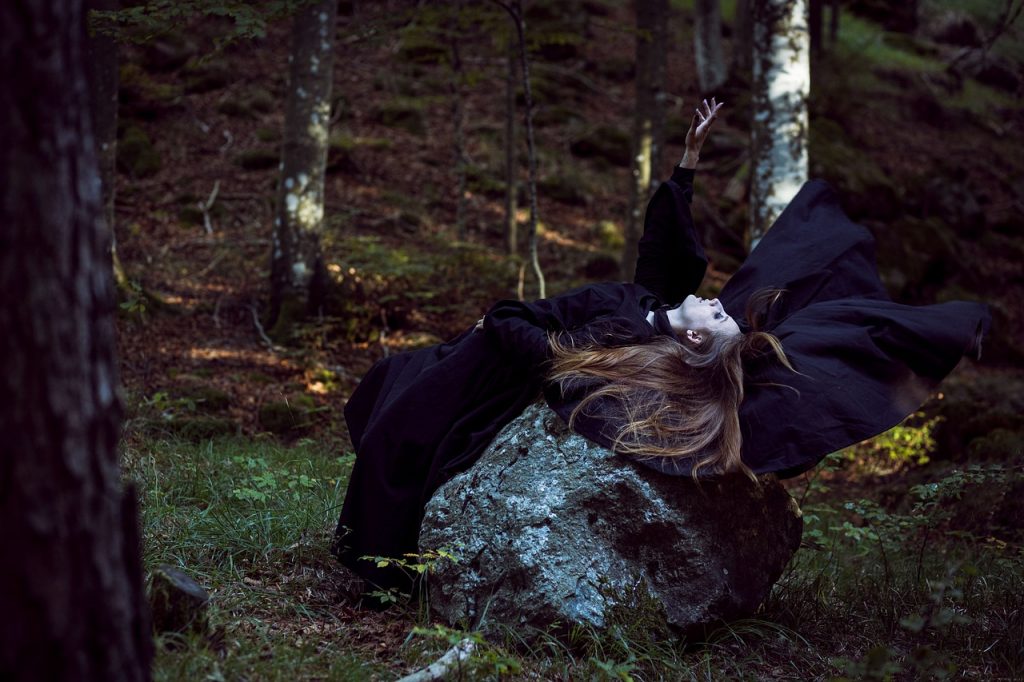Massachusetts, a state rich in history and renowned for its pivotal role in the founding of America, holds within its borders a haunting historical fact that continues to captivate the imagination—the infamous Salem Witch Trials. Delving into this dark chapter of Massachusetts’ past unravels a fascinating narrative of fear, hysteria, and the enduring lessons learned from one of history’s most notorious witch hunts.
In the late 17th century, the town of Salem, located on the Massachusetts Bay Colony, became the stage for a series of events that would forever leave a mark on American history. In 1692, a wave of hysteria swept through Salem, as accusations of witchcraft began to tear apart the fabric of the community. What ensued was a frenzied hunt for witches, resulting in trials, imprisonments, and tragic executions.
The Salem Witch Trials were rooted in a combination of religious fervor, social tensions, and cultural beliefs of the time. Puritanical society held a deeply ingrained fear of witchcraft, viewing it as a grave threat to their spiritual well-being. When a group of young girls began exhibiting mysterious behaviors and claimed to be under the influence of witches, panic engulfed the community, leading to a series of accusations and trials that would have far-reaching consequences.
During the trials, more than 200 people were accused of practicing witchcraft, and 20 individuals, mostly women, were executed. The trials were marked by a lack of due process, sensationalism, and reliance on spectral evidence—testimony based on dreams and visions—which further fueled the hysteria. It was a dark period of injustice and fear, leaving an indelible stain on the history of Massachusetts.
The Salem Witch Trials, while a tragic chapter in Massachusetts’ past, also serve as a reminder of the dangers of unchecked fear and the importance of safeguarding justice. The lessons learned from this dark period have had a lasting impact on American society, prompting reflection on issues of individual rights, the presumption of innocence, and the dangers of mass hysteria.
In the aftermath of the trials, Massachusetts took steps to rectify the injustices committed. In 1711, the colony passed a bill restoring the rights and good names of those accused, providing some measure of justice to the affected families. In the centuries that followed, the memory of the Salem Witch Trials has been preserved through literature, theater, and popular culture, reminding us of the consequences of intolerance and the need for vigilance in safeguarding the principles of justice and fairness.
Today, Salem stands as a living testament to its bewitching legacy. The town embraces its history, offering visitors a chance to explore the Witch Trials through museums, memorials, and guided tours. It serves as a solemn reminder of the dangers of ignorance, prejudice, and the power of collective hysteria.
As we reflect on the dark history of the Salem Witch Trials, let us not forget the lessons learned from this harrowing chapter. Massachusetts’ bewitching legacy serves as a stark reminder of the consequences of unchecked fear and the importance of upholding the principles of justice and fairness in our society. It calls upon us to remain vigilant in our quest for truth, to protect the rights of the accused, and to foster a society that values tolerance, understanding, and empathy.
